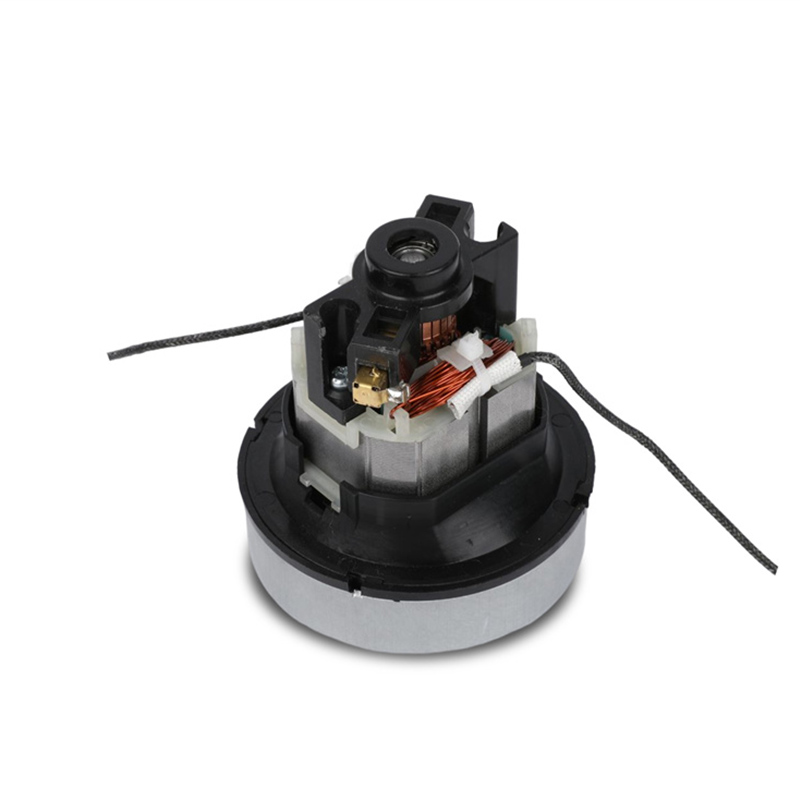What are the factors that affect the performance of the electric vacuum cleaner motor
An electric vacuum cleaner motor is a key component in a vacuum cleaner that provides suction power to effectively remove dust, dirt, and other debris from floors and surfaces. These motors are typically designed to be high-speed and lightweight, allowing them to generate strong suction power while being compact and easy to maneuver.
Electric vacuum cleaner motors typically consist of a rotor, stator, and a set of brushes that help regulate the flow of electricity. The rotor is the moving component of the motor that rotates at high speeds to generate suction power. The stator is the stationary component that creates a magnetic field that interacts with the rotor to generate torque and rotational motion. The brushes, which are typically made of carbon, conduct electricity from the power source to the rotor.
The power source for an electric vacuum cleaner motor is typically an AC (alternating current) or DC (direct current) electrical source. AC motors are typically more powerful and durable than DC motors, but they are also more expensive. DC motors are generally less powerful but are more efficient and less expensive than AC motors.
One of the key factors in the performance of an electric vacuum cleaner motor is its wattage. A higher-wattage motor will typically provide more suction power, which is important for effectively removing debris from surfaces. However, higher-wattage motors also tend to be heavier and bulkier, which can make them more difficult to maneuver.
Another important consideration for electric vacuum cleaner motors is their energy efficiency. Motors that are more energy efficient will use less electricity, which can help save on energy costs and reduce the environmental impact of vacuuming. High-efficiency motors can also generate less heat, which can improve the longevity of the motor.
In addition to performance and efficiency, noise level is also an important consideration for electric vacuum cleaner motors. Motors that produce less noise can provide a more comfortable cleaning experience and reduce the risk of hearing damage.


With plastic cover, concentrated air volume, can quickly take away heat, prolong the life of the motor
The number of impellers increases, the air volume is greater, and the vacuum is higher


 English
English Deutsch
Deutsch Español
Español 中文简体
中文简体








